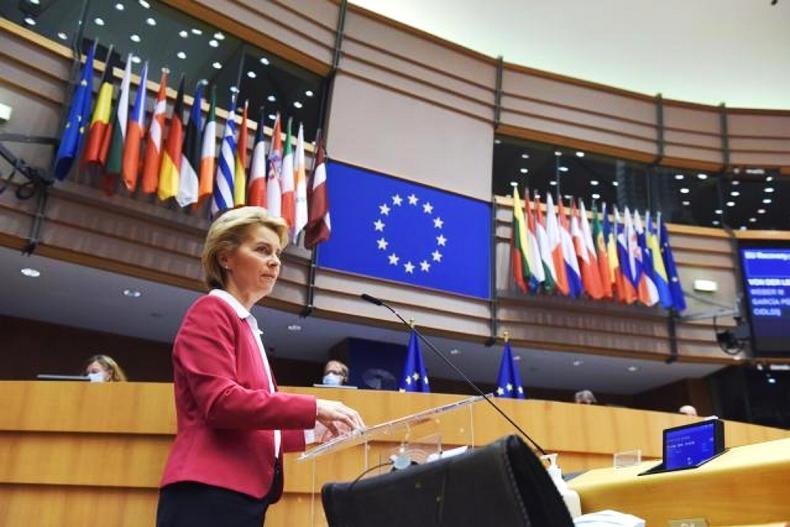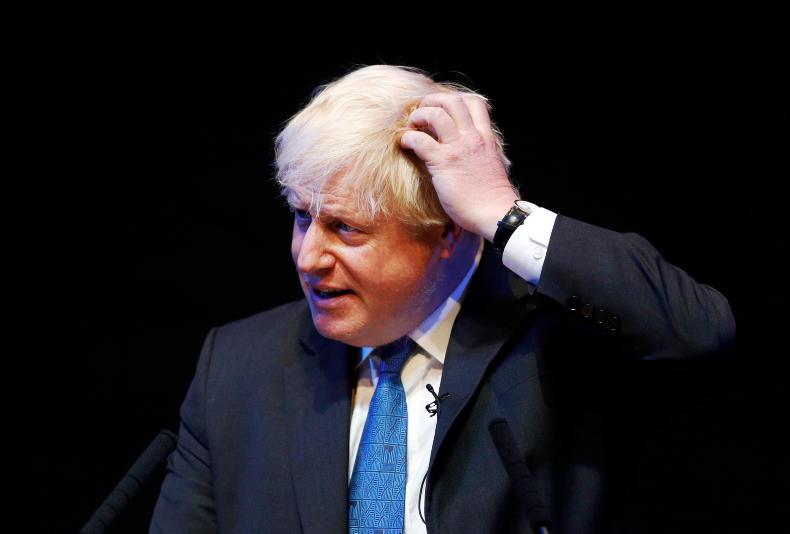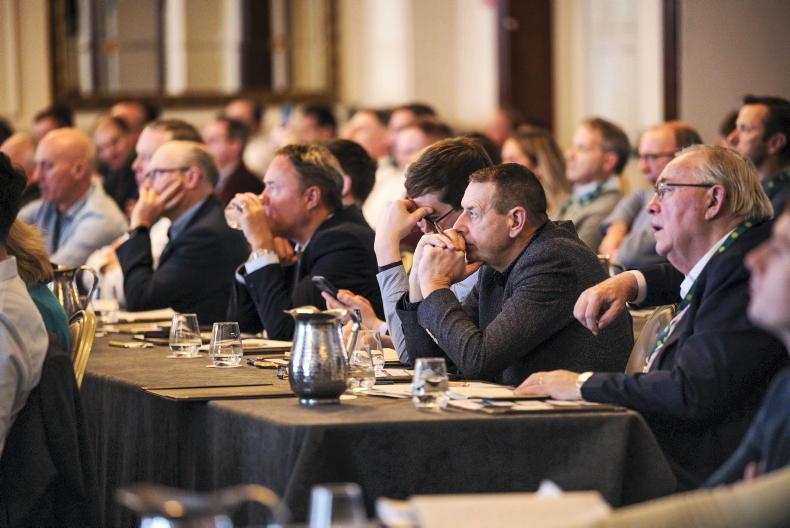Farmers north and south are anxiously watching and waiting for an agreement that will stave off a no-deal Brexit. Even if those hopes are fulfilled, life will be different in the immediate future, and almost certainly not for the better.
It’s all a far cry from the ‘easy’ deal promised by those who led the Leave campaign. That does not invalidate the decision the British people made to leave the EU; that was political more than economic. It highlights the danger of believing easy and simple narratives. Populism is easy to sell, but hard to deliver.
That’s a message that farming needs to heed. Like Brexit, everyone seems to have an opinion on the future of farming. It’s understandable – food production is fundamental to the survival of humanity, and consumes a large chunk of the earth’s natural resources. The challenges facing farming are significant and complex. Easy answers are unlikely to deliver good results.
Unfortunately, many of the loudest voices are offering glib generalisations. Some want animal farming to end; we’ll be hearing from them again next month. It’s a simple answer to a complex question, and can be classed as populist.
There are more nuanced messages that farmers need to be aware of. Pippa Hackett and Holly Cairns are the agriculture spokespersons for the Green Party and the Social Democrats respectively. They want to make fringe farming mainstream, and at times sound like they want to make mainstream farming fringe.
However, succumbing to conspiracy theories (another symptom of populism) like the ones that abounded during the 2019 factory protests is just wandering up a dead-end country lane. We’ll eventually end up in a field or abandoned yard, and have to return to the road of reality at some stage.
If farming can’t find voices that are willing to accept and confront the hard truths, we are going to lose the battle for public opinion, because we will lack credibility.
If the person speaking for farming is someone who is a climate change sceptic or resists wearing masks, our position is weakened.
We need to be big enough to admit where mistakes have been made, both at strategic level and where farmers have failed to adopt better advice.
Frank Mitloehner’s findings regarding the methane cycle in farmed animals is a mitigation, not a free pass. There is no easy road, progress will be incremental. We need grown-ups both to plot the journey for farming, and to relate that journey to society.











SHARING OPTIONS